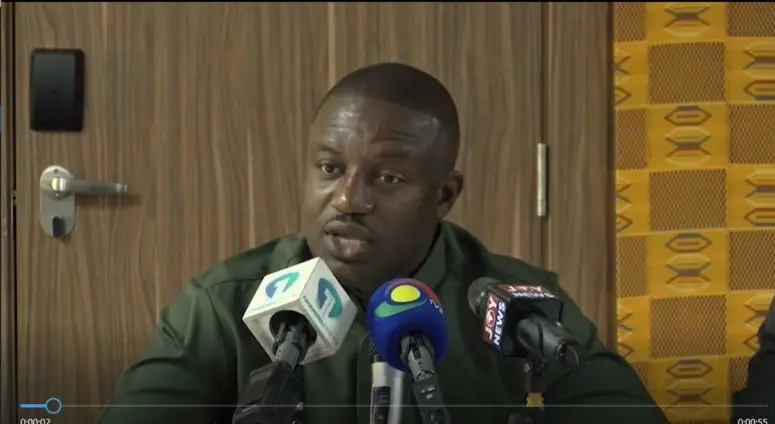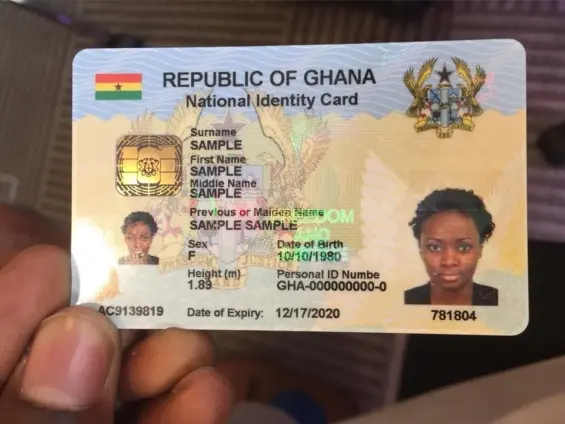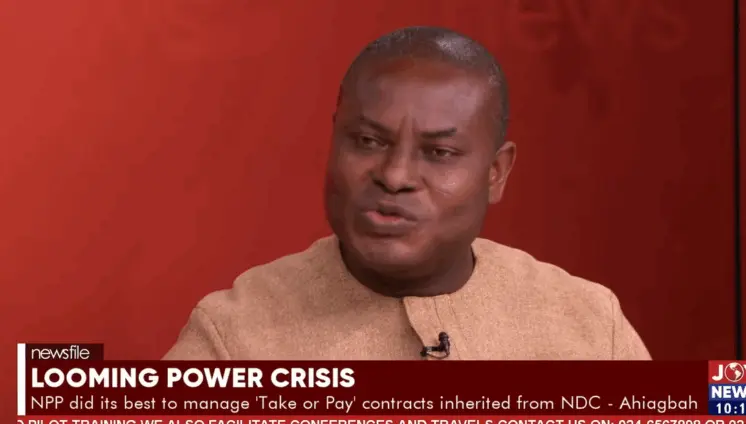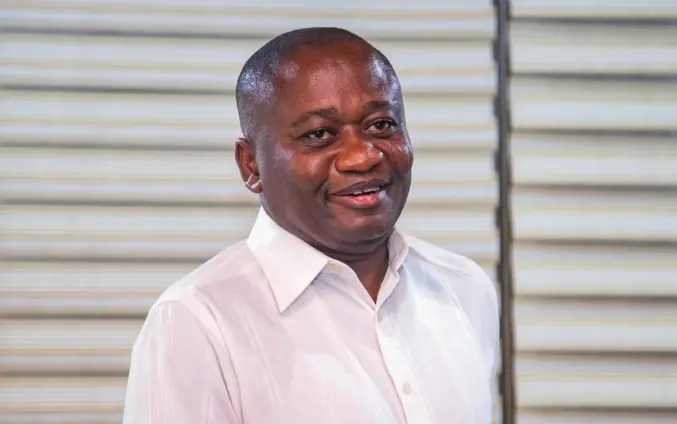In a recent address in London, Dr. Mahamudu Bawumia, Ghana’s Vice President, made a statement regarding the nation’s Ghana gold reserves under the current National Democratic Congress (NDC) administration. His claim, which has since sparked considerable discussion, centered on the assertion that the NDC government had failed to add even a single tonne of gold to the country’s reserves since assuming office. Given the significance of gold reserves to a nation’s economic stability, verifying such claims is crucial. Data from the Bank of Ghana offers insight. An analysis of the central bank’s figures appears to support Dr. Bawumia’s contention, revealing only a marginal increase in Ghana gold reserves during the specified period.
Prior to the NDC’s tenure, Ghana gold reserves stood at a notable 8.78 tonnes as of the end of May 2023. This figure serves as an important baseline for evaluating the subsequent changes under the new administration. It’s against this backdrop that the performance of the NDC government can be assessed.
The period leading up to the NDC administration saw a significant surge in Ghana’s gold holdings. By December 2024, Ghana gold reserves had climbed to an impressive 30.53 tonnes. This represents an increase of 21.75 tonnes in a relatively short span. This substantial increase occurred *before* the NDC assumed control, highlighting a marked difference in the trajectory of reserve growth. Understanding the policies and events that contributed to this earlier surge is critical for a comprehensive analysis.
Since the NDC administration took office in January 2025, the growth of Ghana gold reserves has been noticeably slower. By the end of April 2025, the reserves had edged up to 31.37 tonnes. This translates to a net addition of just 0.84 tonnes over several months. The figure is considerably less than one tonne, aligning with the core of Dr. Bawumia’s claim.
Dr. Bawumia stated at the Young Executive Forum in London, “Since the NDC took over, they haven’t added even one tonne.” Central bank data suggests this statement holds true, given that the addition of 0.84 tonnes falls below the one-tonne threshold. While there might be varying interpretations of the data, the numbers from the Bank of Ghana lend credence to Bawumia’s assertion.
Gold reserves play a vital role in a nation’s economic health. Increased reserves can bolster currency stability, provide a buffer against economic shocks, and enhance overall financial security. For a country like Ghana, with its reliance on commodity exports, maintaining healthy gold reserves is particularly important. The management of these reserves, therefore, warrants careful scrutiny.
Several factors could potentially explain the slower growth in Ghana gold reserves under the current administration. Government policies related to mining, global economic conditions influencing gold prices, and the level of mining activities could all play a role. Analyzing these contextual factors is essential for understanding the nuances of the situation.
In summary, Dr. Bawumia’s claim regarding Ghana’s gold reserves appears to be supported by available data from the Bank of Ghana. The figures indicate that the NDC administration has added less than one tonne of gold to the reserves since taking office. This finding underscores the importance of transparency and data-driven discourse in the realm of economic policy. It is crucial that the public remains informed about Ghana gold reserves and critically evaluate political claims based on verified data.
Image Source: MYJOYONLINE






















